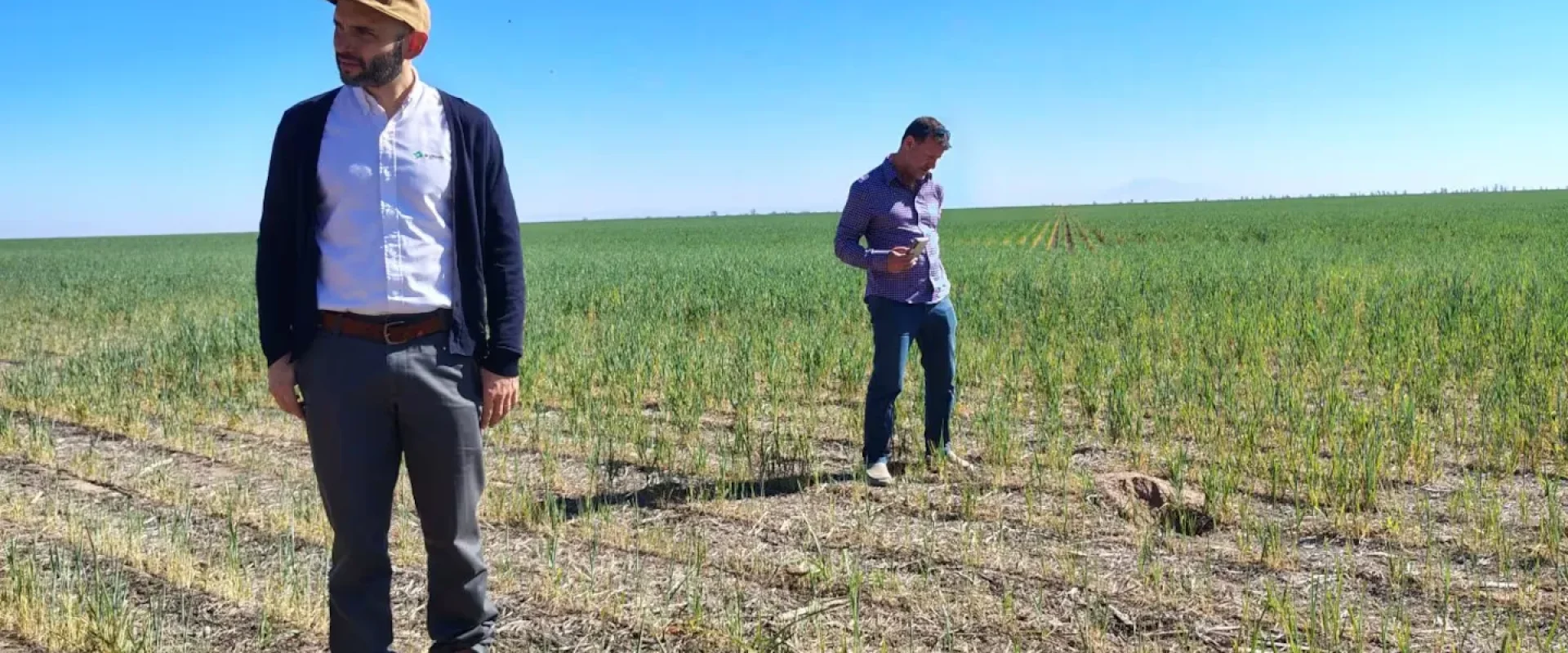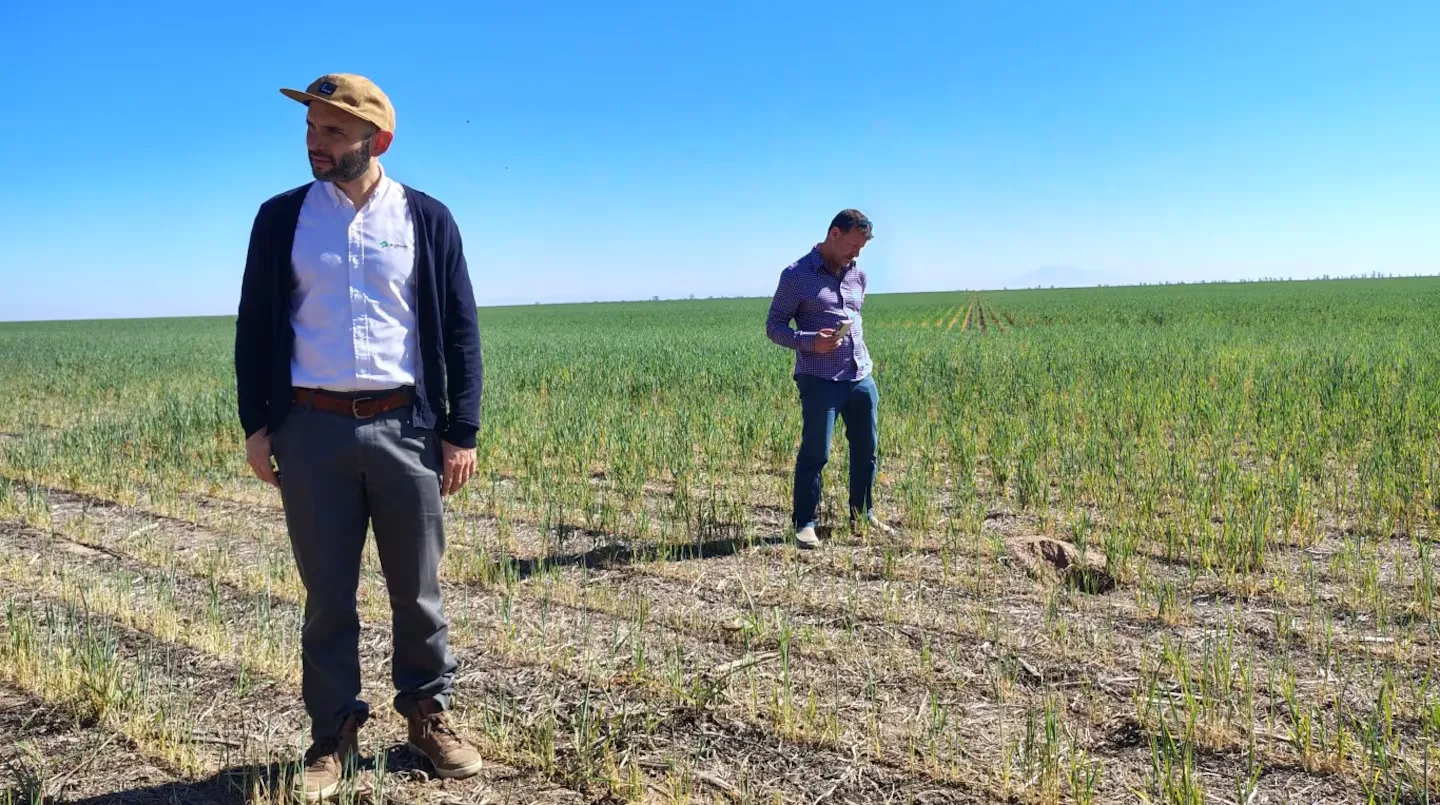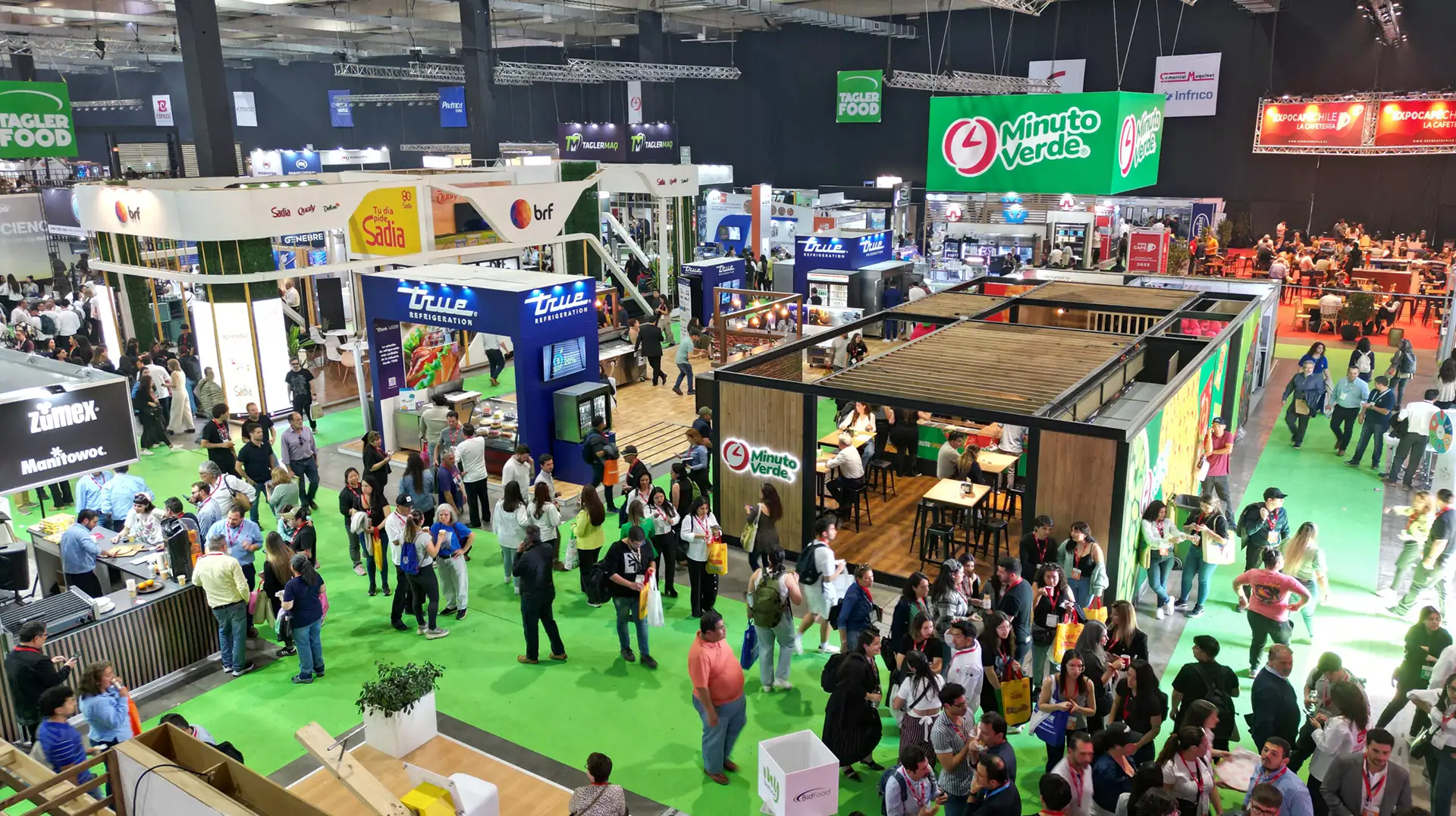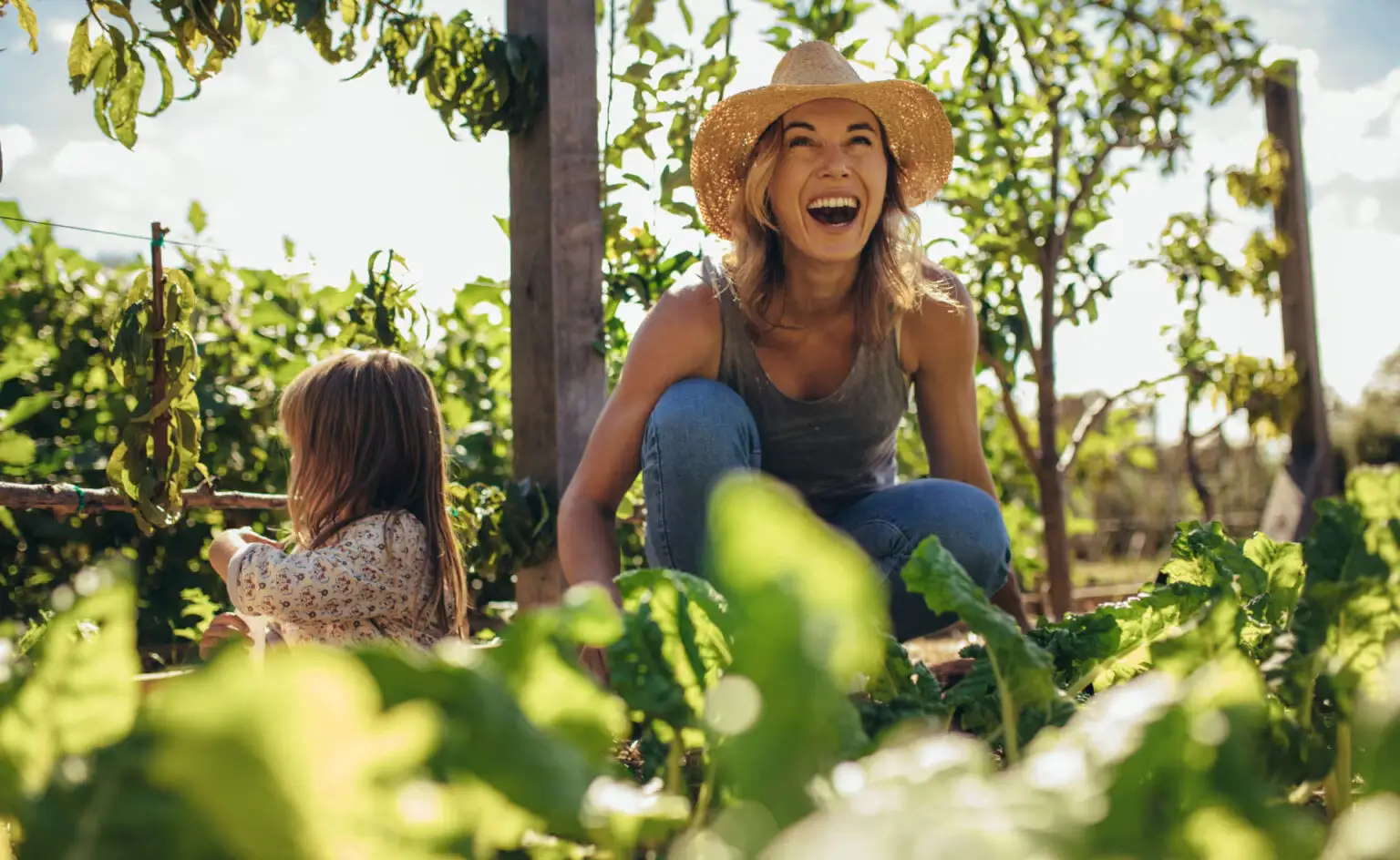This change did not begin with a revolution, but with a fundamental question: How can we organize and improve what was already being done well?
The answer led them to a disciplined process that culminated in RTRS certification (Round Table on Responsible Soy) for thousands of hectares of soy and corn. What seemed like a technical procedure turned into a complete reorganization of management, focused on traceability, safety and soil care.
Sustainability in Concrete Actions:
Soil Care: Beyond no-till farming (a practice adopted decades ago), efforts are advancing in the recovery of depleted soils through the incorporation of microorganisms and plans to use compost to increase organic matter.
Strategic Alliance: Collaboration with the ProYungas Foundation through the “Protected Productive Landscape” program is key. The initiative integrates agricultural areas with conservation zones, monitors native wildlife using camera traps, and values the empirical knowledge of workers about their environment.
Social and Environmental Impact: The company extends its commitment to the community by collaborating with rural schools (supporting gardens and workshops), collecting empty agrochemical containers from small producers, and maintaining private reserves that play a key role in regional biodiversity.
This story is a testament to the cultural shift taking place in the countryside. Those leading the process summarize it in a powerful idea that resonates with Argreen’s philosophy: “Without production there are no resources to protect the environment, but without the environment there is no future for production.” A balance that is already shaping the path of responsible agriculture.





